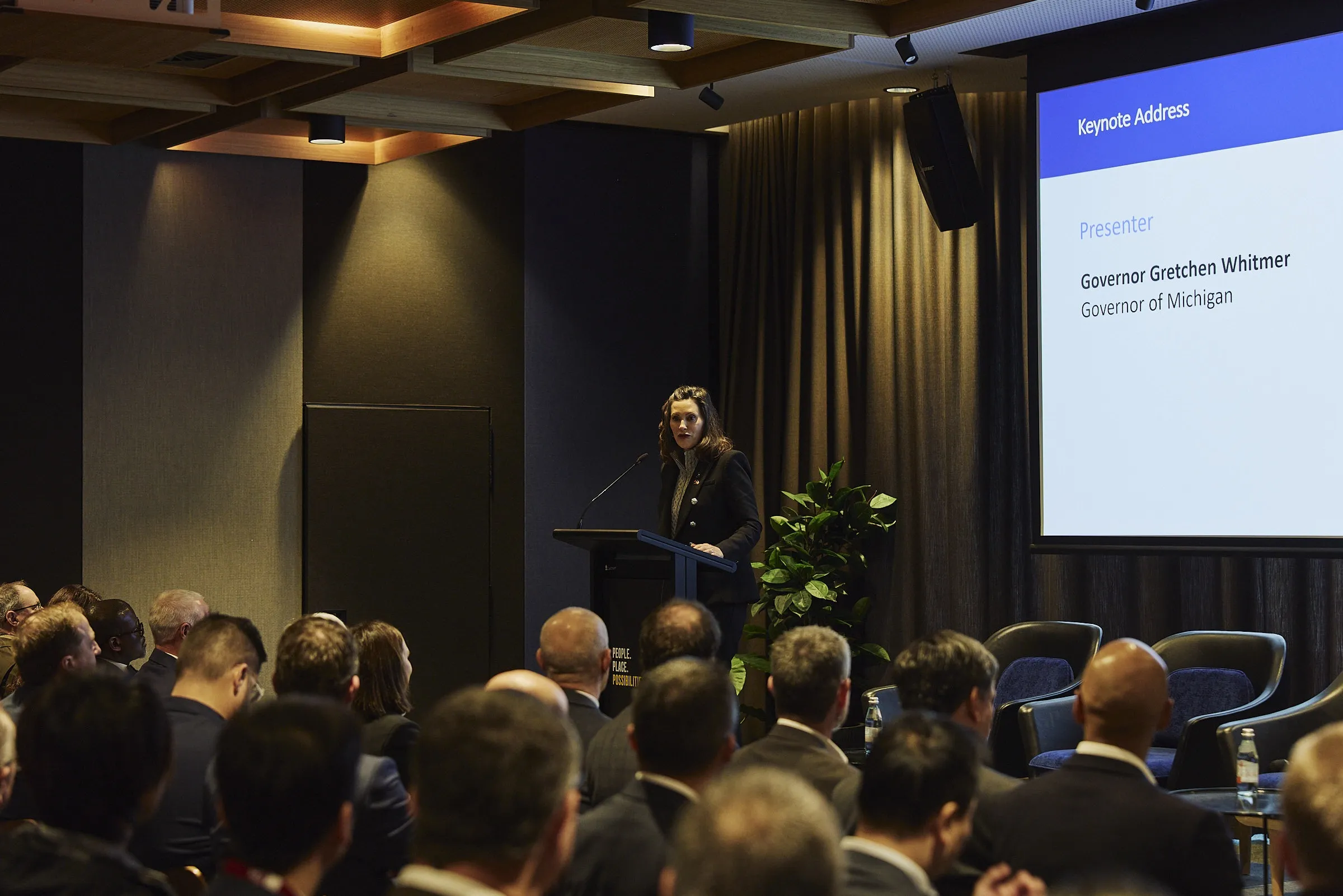Cubic Transportation Systems has been shortlisted to take part in the request for tender (RFT) stage of the tender process to run the myki smart card ticketing system in Melbourne when the current contract expires in 2016.
The tender process is expected to be completed in mid-2016, with the successful respondent to commence their contract at the start of 2017.
Cubic says its first priority is to ensure that the current myki system continues to operate efficiently, while it investigates a range of futu
July 14, 2015
Read time: 1 min
The tender process is expected to be completed in mid-2016, with the successful respondent to commence their contract at the start of 2017.
Cubic says its first priority is to ensure that the current myki system continues to operate efficiently, while it investigates a range of future enhancements that have the ability to bring a new level of convenience to Victorian commuters.
Tom Walker, managing director of Cubic Transportation Systems Australasia, said, “We are confident Cubic can dramatically improve the transport experience for commuters in Melbourne by utilising the latest innovations in Cubic ticketing technology now used in major cities around the globe.”









